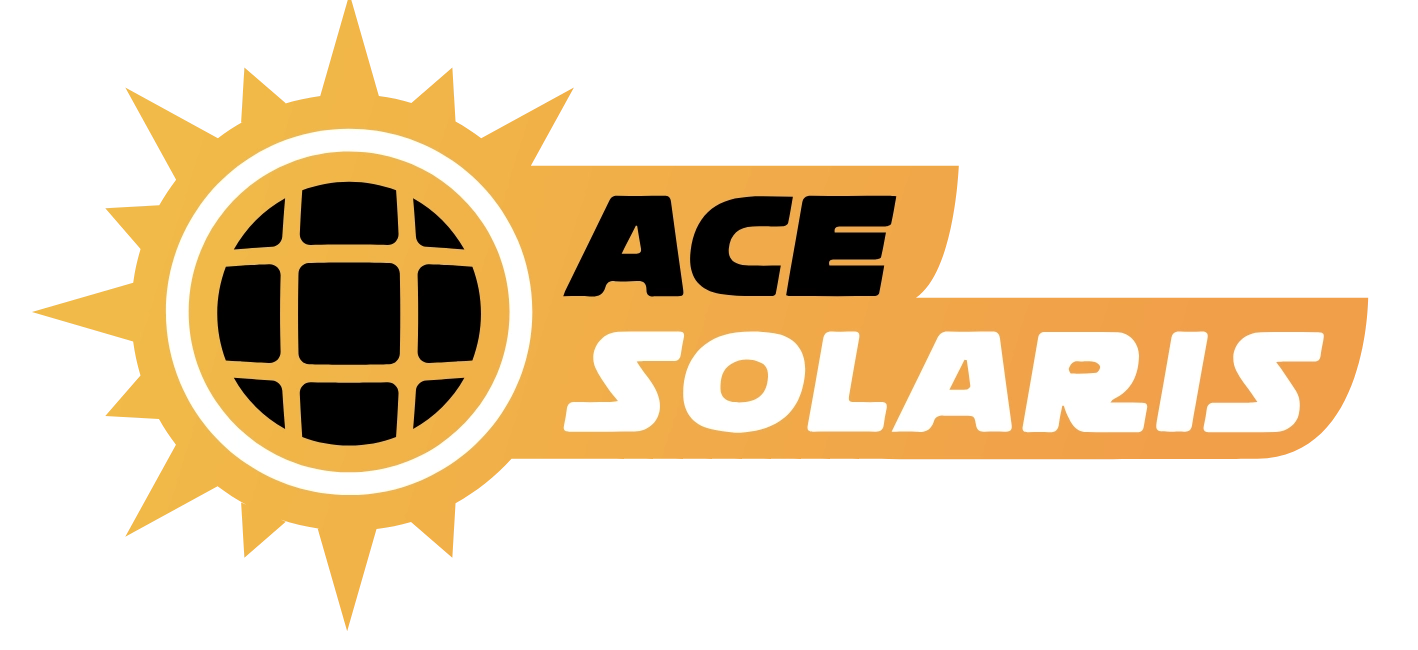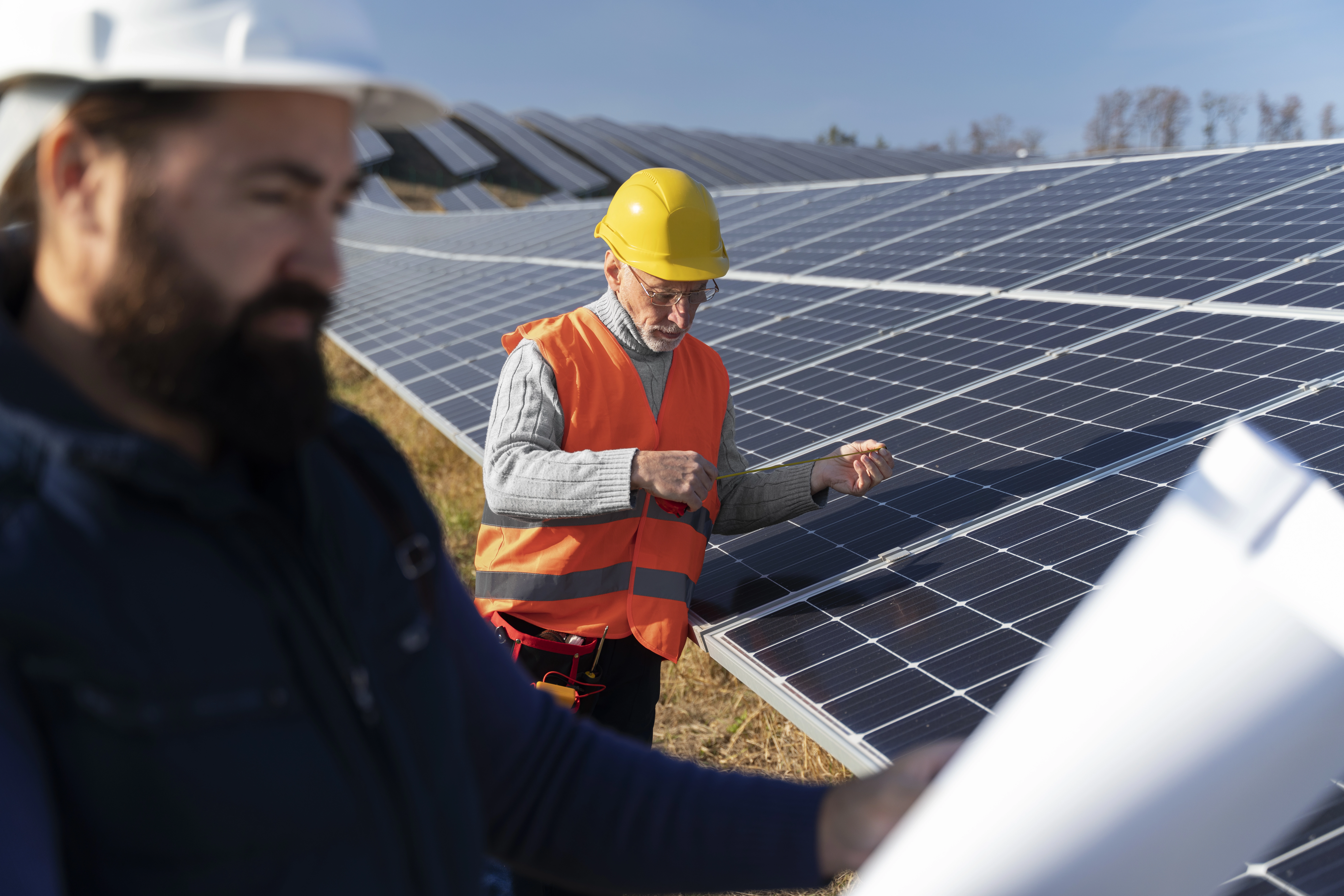In our quest for clean energy, solar panels have emerged as a revolutionary technology. But have you ever wondered what a typical day looks like for a solar panel? From the first rays of dawn to the quiet of night, let’s explore the fascinating daily routine of these silent energy producers and understand how they contribute to a sustainable future.
The Morning Wake-Up Call
As the sun begins to rise, solar panels start their day by awakening from their night-long slumber. The first light of dawn is crucial as it signals the beginning of energy production. Solar cells, made from semiconductor materials like silicon, absorb photons (light particles) from the sun. This absorption sets off a chain reaction, freeing electrons which then generate an electric current. Think of it as the panel’s morning coffee — essential to kickstart the day.
Peak Performance in the Afternoon
When the sun is at its highest, solar panels are in their prime. This period, typically between 10 AM and 2 PM, is when they produce the most energy. The angle of the sun plays a significant role in this. Optimally tilted panels capture maximum sunlight, converting it into electricity with high efficiency. This process not only powers homes and businesses but also feeds any excess energy back into the grid, thanks to an element called the inverter. This little device converts the direct current (DC) produced by the panels into alternating current (AC), which is what most of our appliances use.
Efficiency and Energy Storage
Solar panels are designed to be efficient, but they aren’t perfect. Factors like weather, shading, and the cleanliness of the panels can impact performance. Cloudy days might reduce energy production, but modern solar panels are equipped to handle such fluctuations, ensuring a steady supply of power. Additionally, many solar panel systems are now paired with battery storage solutions. These batteries store excess energy produced during peak hours, making it available for use during the night or on particularly cloudy days, further enhancing the reliability of solar energy.
The Quiet Evening
As the sun begins to set, solar panels gradually wind down their energy production. The fading light means fewer photons and subsequently less electricity. By dusk, most panels have stopped producing energy altogether. However, thanks to the energy stored in batteries throughout the day, homes and businesses continue to be powered seamlessly. This storage capability ensures that the transition from day to night is smooth, with minimal reliance on non-renewable energy sources.
Nighttime Rest and Maintenance
During the night, solar panels rest. This downtime is crucial for maintenance and longevity. While they require minimal maintenance, regular cleaning and inspections can help ensure that panels remain efficient and free from damage. Dust, debris, and bird droppings can all reduce a panel’s efficiency, so a good cleaning every once in a while, can go a long way. Some households and businesses opt for automated cleaning systems or hire professional services to keep their panels in top condition.
The Bigger Picture
The daily life of a solar panel is a small but significant part of the broader push towards renewable energy. By harnessing the sun’s power, these panels reduce our reliance on fossil fuels, lower greenhouse gas emissions, and contribute to a more sustainable planet. The adoption of solar technology is growing rapidly, with innovations continually improving efficiency and accessibility. For sustainable technology adopters, understanding the lifecycle of a solar panel helps appreciate the incredible technology working quietly on rooftops, fields, and even space!
Conclusion
A day in the life of a solar panel is a testament to the marvels of modern technology and its role in fostering a sustainable future. From dawn to dusk, these panels work tirelessly to harness solar energy, proving that renewable energy is both viable and efficient.
Are you ready to harness the power of the sun and contribute to a greener planet? Learn more about how solar panels can transform your energy consumption and visit Ace Solaris today!









